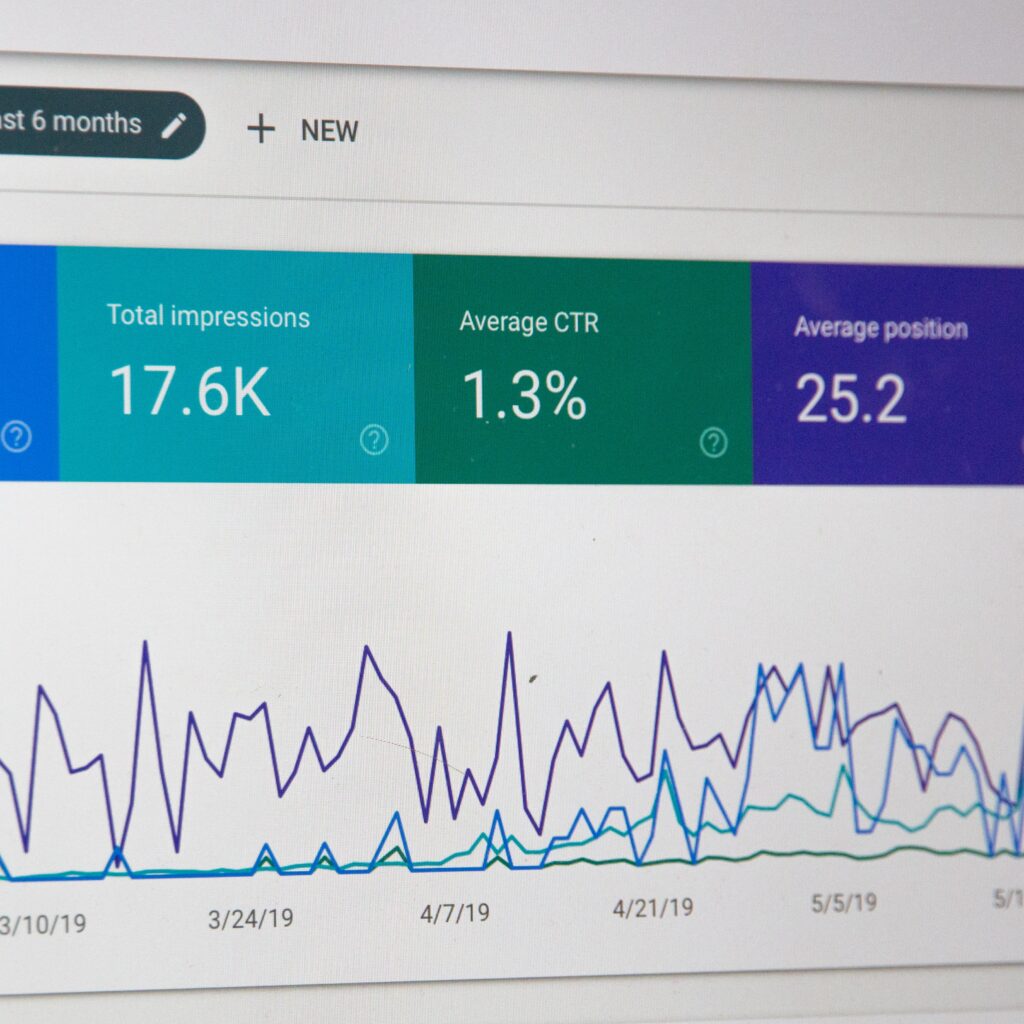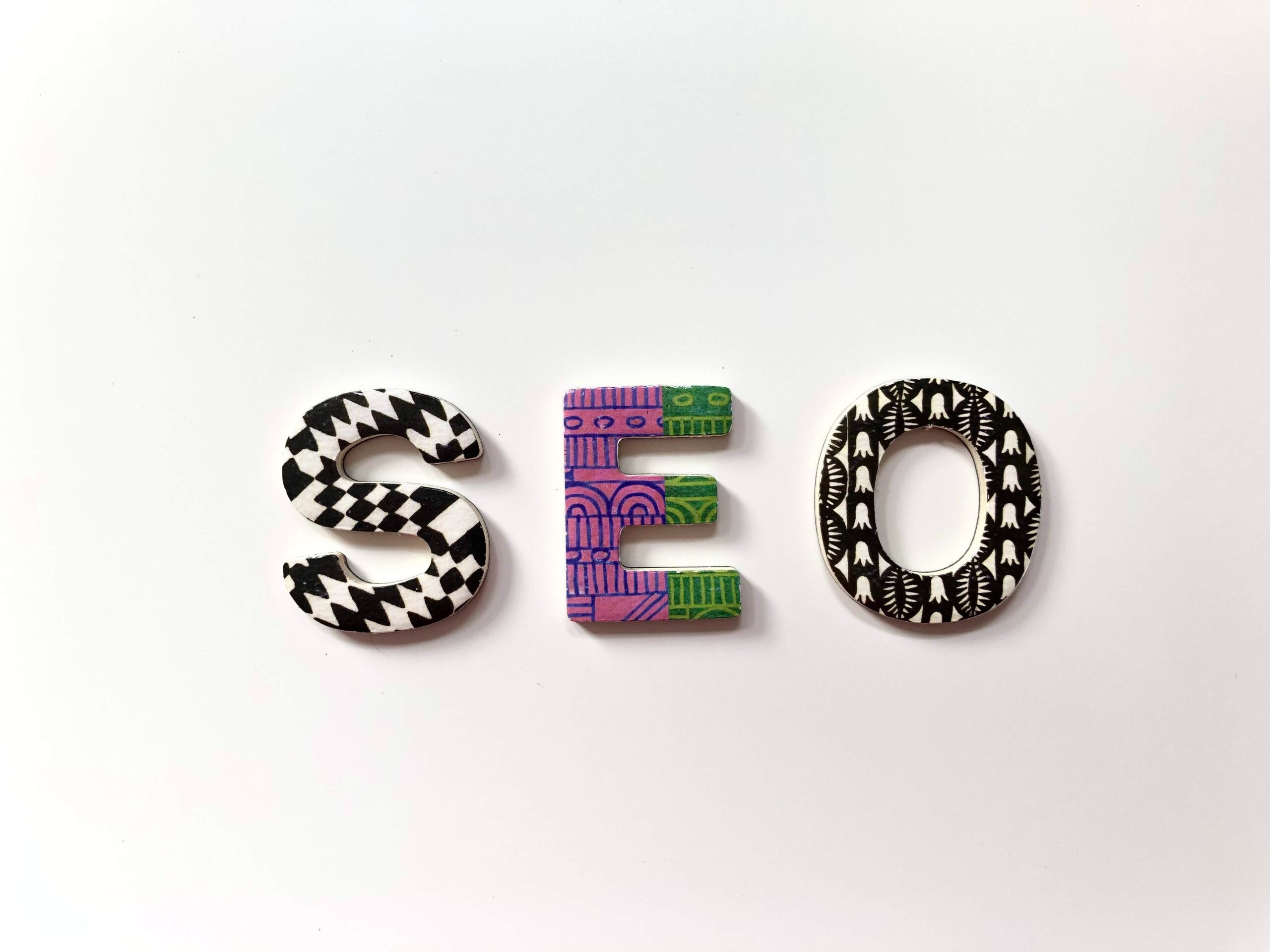In today’s digital landscape, having a strong online presence is essential for businesses and organizations. Search engine optimization (SEO) is a key strategy to enhance online visibility. However, what many might not realize is that web accessibility and SEO are closely intertwined. In this article, we will explore the profound impact that web accessibility has on SEO and how it can significantly improve online visibility.
The Interplay Between Web Accessibility and SEO
1. Improved User Experience
Web accessibility measures, such as providing descriptive alt text, ensuring keyboard navigation, and optimizing page structure, contribute to a better user experience. Search engines like Google prioritize user-friendly websites in their rankings.
2. Reduced Bounce Rates
An accessible website tends to have lower bounce rates. When users with disabilities can easily navigate and engage with content, they are more likely to stay on the site. This lower bounce rate sends a positive signal to search engines about the quality of your content.
3. Faster Load Times
Accessibility efforts often involve optimizing images and multimedia. This leads to faster load times, which is a factor that search engines consider when ranking websites. A faster-loading website is more likely to rank higher in search results.
4. Enhanced Mobile Experience
Many accessibility practices, like providing clear and concise content, also improve the mobile experience. Since mobile-friendliness is a significant factor in SEO, accessibility measures indirectly contribute to improved mobile rankings.
5. Reduced Penalties for Mobile Usability Issues
Google penalizes websites that have mobile usability issues. By implementing accessibility features, you are likely to address many of these issues, reducing the risk of penalties.

Accessibility-Driven SEO Strategies
1. Alt Text Optimization
Using descriptive alt text for images not only enhances accessibility but also provides an opportunity to incorporate relevant keywords. This dual-purpose approach helps both users and search engines understand the content.
2. Semantic HTML
Using semantic HTML elements not only improves accessibility but also provides a clear and organized structure for search engines to interpret. This helps search engines understand the context and relevance of the content.
3. Heading Structure
A well-organized heading structure is crucial for both accessibility and SEO. It helps screen reader users navigate content and provides search engines with a clear outline of the page’s content.
4. Transcripts and Captions for Multimedia
Providing transcripts and captions for videos and audio files not only makes content accessible to a wider audience but also enables search engines to index the multimedia content accurately.
5. Mobile Optimization
Accessibility practices often coincide with mobile optimization. Ensuring that your website is mobile-friendly is a critical aspect of SEO.
The Legal Implications
Beyond the SEO benefits, web accessibility is also a legal requirement. The Americans with Disabilities Act (ADA) mandates that businesses provide accessible digital experiences. Non-compliance can lead to legal repercussions, including lawsuits and fines.
Conclusion
Web accessibility is not just about compliance; it’s about creating a more inclusive and user-friendly online environment. By implementing accessibility measures, you not only cater to a broader audience, but you also improve your website’s SEO performance. This leads to enhanced online visibility, which is crucial for the success of any digital venture. Embracing web accessibility is not just a best practice; it’s a strategic advantage in today’s competitive online landscape.
We Offer Web & Mobile Accessibility Testing
We at ‘Accessible Zone‘ provide web, mobile and software accessibility testing services. We perform testing manually using screen reader such as JAWS, NVDA & Voiceovers. We also provide VPAT and ACR reports. If you want to use our services do contact us as at contact@accessiblezone.com or you can also schedule a free call with us from here.

